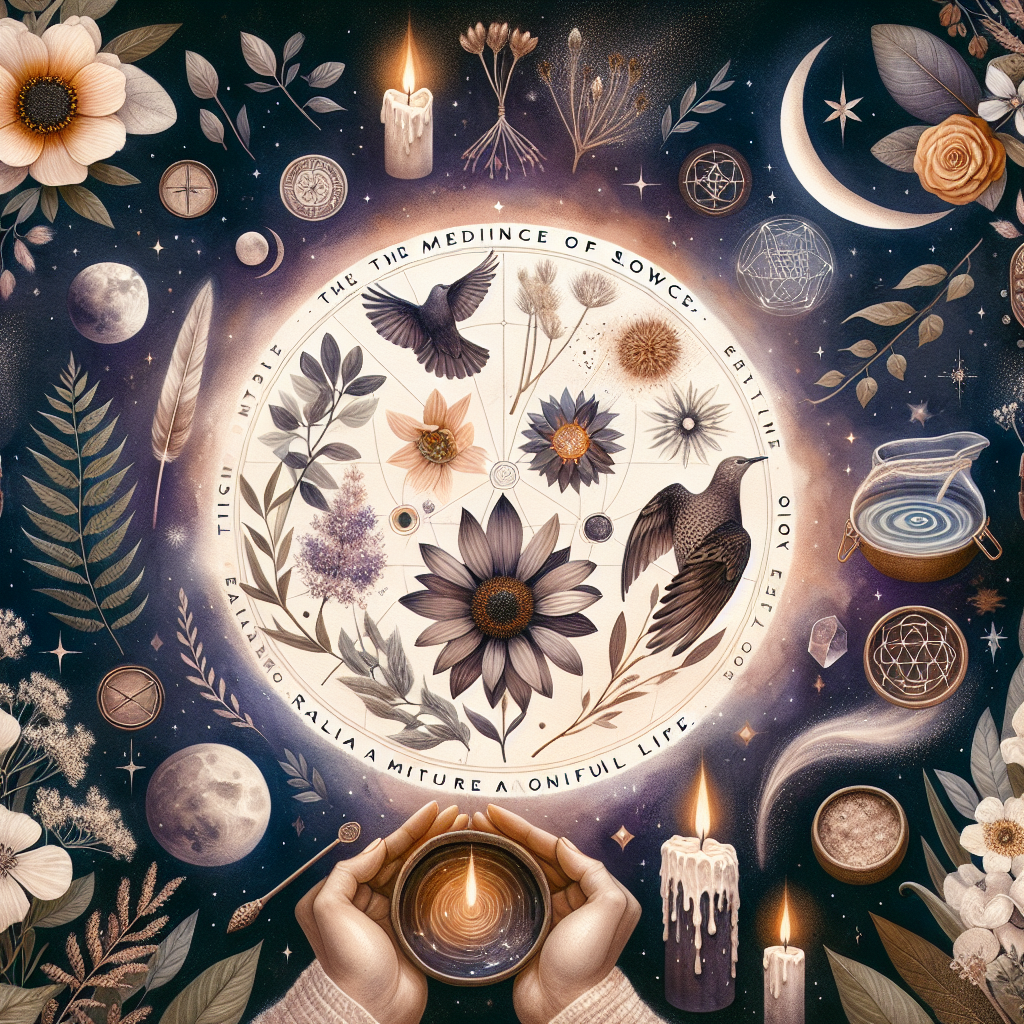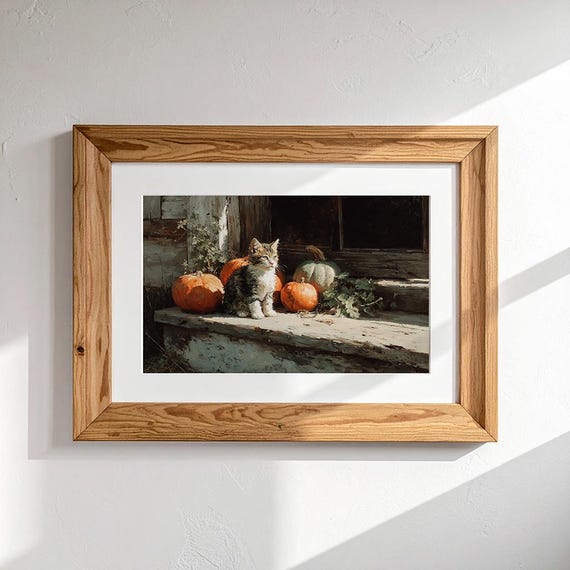Your Daily Reflection
Take a gentle moment to connect with yourself today.
Begin your reflection→The Medicine of Slowness: Reclaiming Time for a More Mindful Life
Published on June 27, 2025

In today’s hyper-connected, performance-driven world, slowness can feel countercultural—even rebellious. Yet, the medicine of slowness is exactly what many of us need to find balance, inner peace, and sustainable well-being. By consciously stepping off the treadmill of urgency, we allow ourselves to breathe, reconnect, and live with greater clarity and intention.
Slowness is not a rejection of ambition or action—it is a return to alignment with the natural rhythms of life. It is about how we move through the world, not how fast.
The Illusion of Busyness
The dominant culture often equates being busy with being valuable. Productivity is celebrated, while rest is misunderstood as laziness. However, research in neuroscience and behavioral psychology shows that chronic busyness can actually decrease cognitive performance, diminish creativity, and increase stress-related illnesses.
“Busy is a decision,” writes author Debbie Millman. We often say we're too busy when we haven't set clear priorities.
Symptoms of the Busyness Trap
- Constant multitasking and distraction
- Difficulty relaxing without guilt
- Lack of time for reflection or creative thought
- Burnout or emotional exhaustion
- Disconnection from purpose
Breaking free from the illusion of busyness starts with awareness. Begin by tracking how you spend your time over the course of a few days. Notice what truly nourishes you and what drains your energy.

Pumpkin Corner – Cat Wall Art Set (Landscape + Portrait) | Vintage Autumn Painting | Digital Download Print by CatmosPrints
View on EtsyThe Power of Presence
At its core, slowness invites us to live with presence. Being present means experiencing each moment fully, without rushing toward the next. This shift enhances our capacity to savor life’s beauty and respond consciously rather than react impulsively.
Practical Ways to Cultivate Presence
- Single-task: Focus on one task at a time with full attention.
- Use transitional pauses: Take three deep breaths between tasks or meetings.
- Savor rituals: Drink your tea slowly, take mindful walks, or simply observe your surroundings with curiosity.
- Set tech boundaries: Reduce phone use during meals or the first hour of your day.
Incorporating daily grounding rituals supports this presence by helping regulate the nervous system. These rituals create moments of intentional stillness where clarity and calm can emerge.
Slowness as a Spiritual Practice
Slowness is not merely a lifestyle choice—it can also serve as a profound spiritual discipline. In many contemplative traditions, slowness is viewed as essential to awakening inner awareness and aligning with the divine.
When we slow down, we:
- Hear the quiet voice of intuition
- Deepen our relationship with the sacred
- Create space for inspiration and reflection
- Build emotional and spiritual resilience
Ideas for Spiritual Slowness
- Mindful movement: Practice yoga, qigong, or walking meditation.
- Nature immersion: Spend uninterrupted time in nature without an agenda.
- Digital sabbath: Designate a day each week without screens or news.
A practical way to harmonize your spiritual and emotional cycles is by creating a personal moon calendar. This tool helps you track your inner world in sync with lunar phases, deepening your connection to natural rhythms and your personal energy flow.
Reclaiming Time
Reclaiming time is not about time management—it's about value alignment. When we slow down, we begin to distinguish between what is urgent and what is truly meaningful.
Steps to Reclaim Your Time
- Audit your time: Note daily activities for a week. What feels aligned? What doesn’t?
- Identify core values: What matters most to you right now? Health? Creativity? Connection?
- Set boundaries: Politely say no to commitments that don’t serve your purpose.
- Schedule white space: Block out time for rest and reflection on your calendar.
- Hold space for yourself: Create quiet time for journaling, rest, or meditation. Learn more in Holding Space for Yourself: Navigating Change with Grace and Compassion.
When we give ourselves permission to slow down, we honor our own needs. We begin to trust that our worth isn’t tied to our output, but to our presence.
Embracing the Slow Movement
The global slow movement began as a reaction to the fast-food industry, but it has evolved into a lifestyle philosophy that emphasizes quality over quantity, intentionality over urgency, and well-being over performance.
Principles of the Slow Living Philosophy
- Simplicity: Choose less but better.
- Connection: Engage deeply with people and the natural world.
- Sustainability: Live in ways that nourish rather than deplete.
- Mindfulness: Bring conscious awareness to everyday activities.
Adopting the principles of slowness doesn’t require a complete life overhaul. It starts with small, consistent choices—like eating meals without distractions, walking instead of rushing, or taking time to reflect at the end of each day.
A Sample “Slow Day” Schedule
Here’s a gentle outline you can adapt to infuse your day with slowness:
| Time | Activity | Intention |
|---|---|---|
| 7:30 AM | Gentle wake-up with breathwork | Grounding |
| 8:00 AM | Mindful breakfast without screens | Nourishment |
| 9:00 AM | Nature walk or yoga | Embodiment |
| 11:00 AM | Creative time (writing, music, drawing) | Expression |
| 1:00 PM | Rest or journaling | Integration |
| 3:00 PM | Connection with a loved one | Relationship |
| 6:00 PM | Simple, home-cooked meal | Presence |
| 8:00 PM | Lunar or self-reflection practice | Spiritual alignment |
| 9:30 PM | Digital detox and wind-down | Restoration |
Final Reflections
The journey toward slowness is deeply personal. It calls us to question the pace we’ve normalized and invites us to move with more intention, presence, and care. It asks: What are you rushing through? What moments are you missing? What would it mean to truly arrive in your life?
By embracing the medicine of slowness, we reclaim our time—not to do more, but to be more.
We rediscover the sacredness of the present moment. We hear our inner voice again. And in the stillness, we remember what truly matters.
